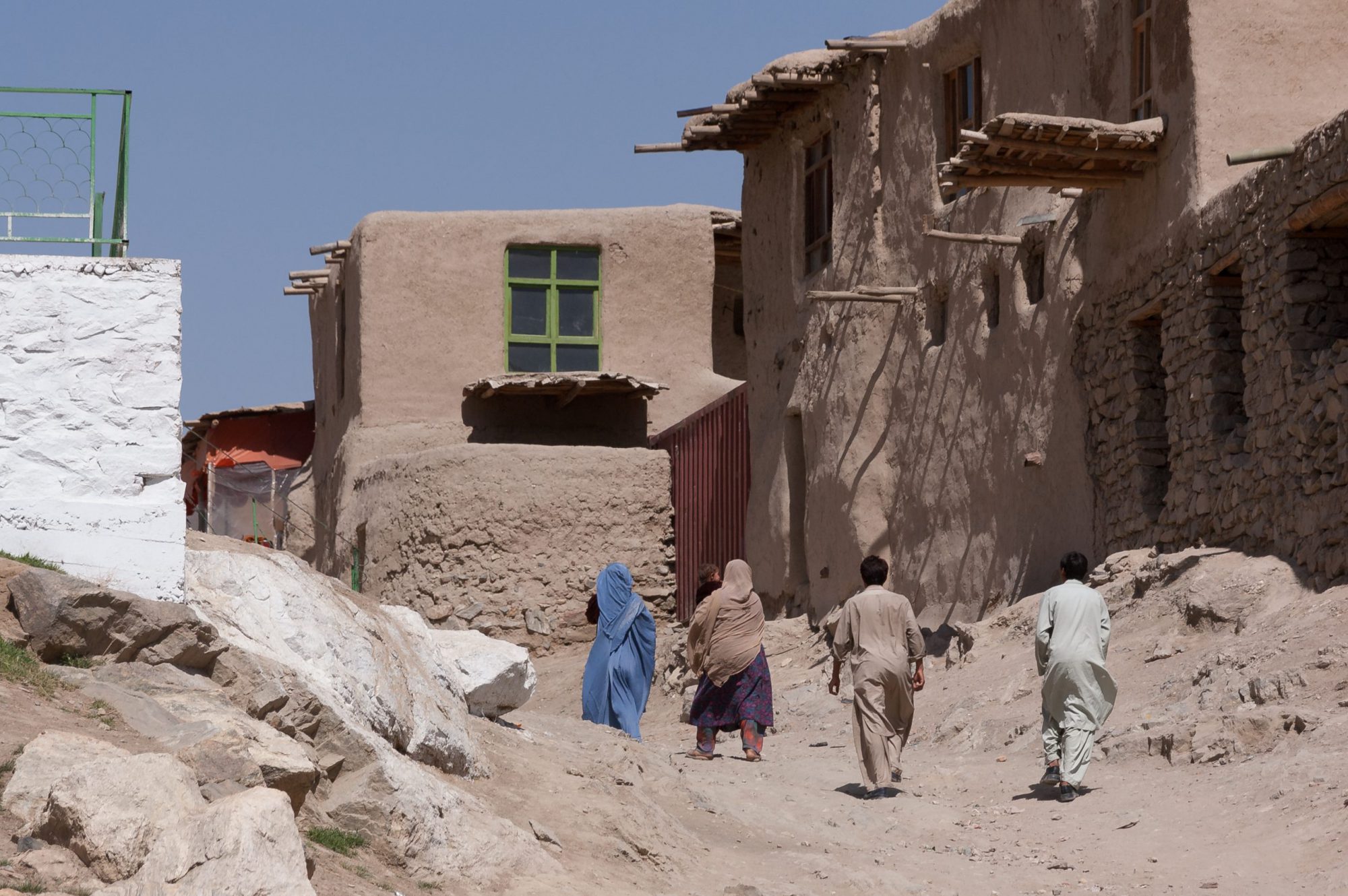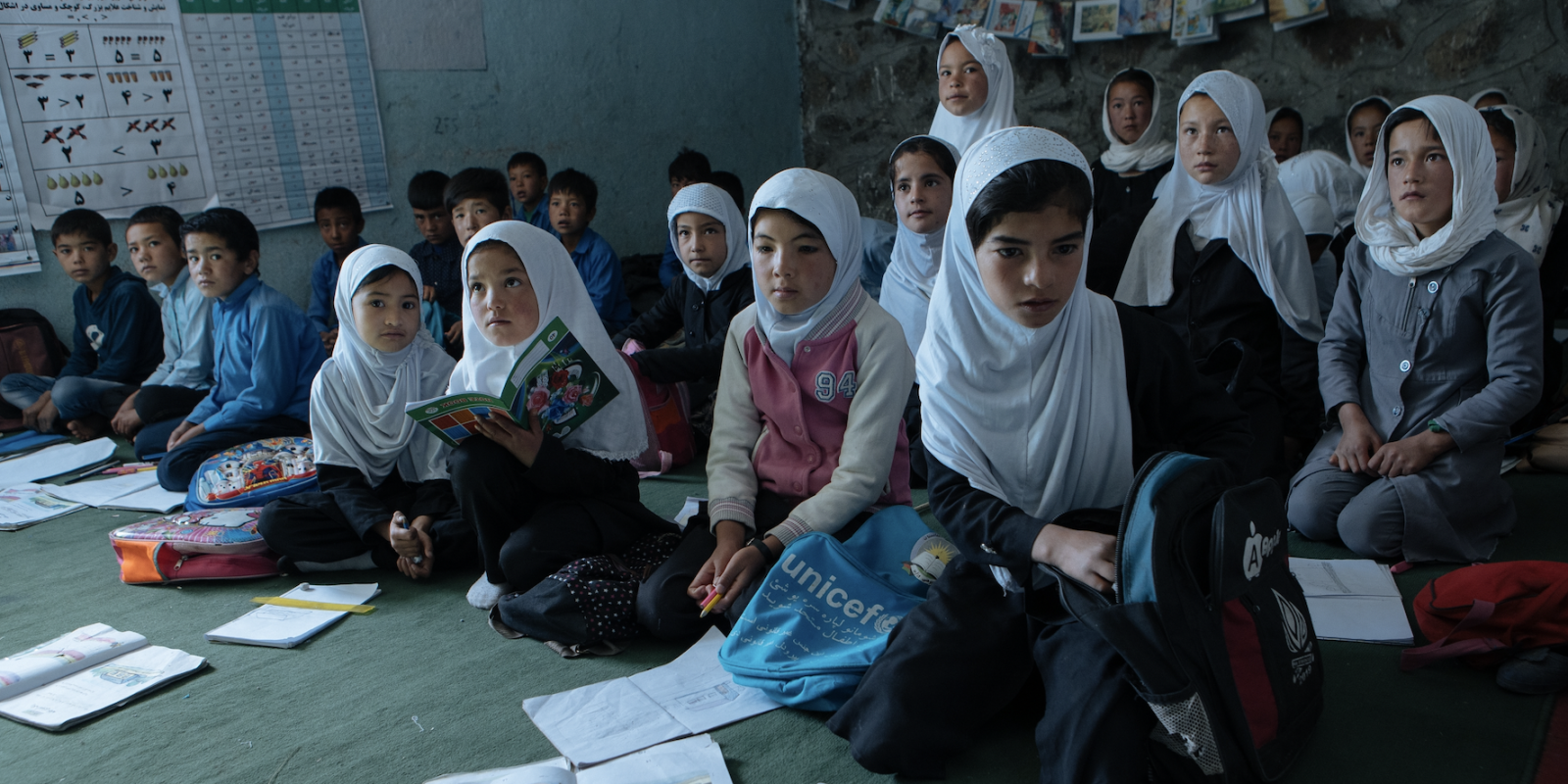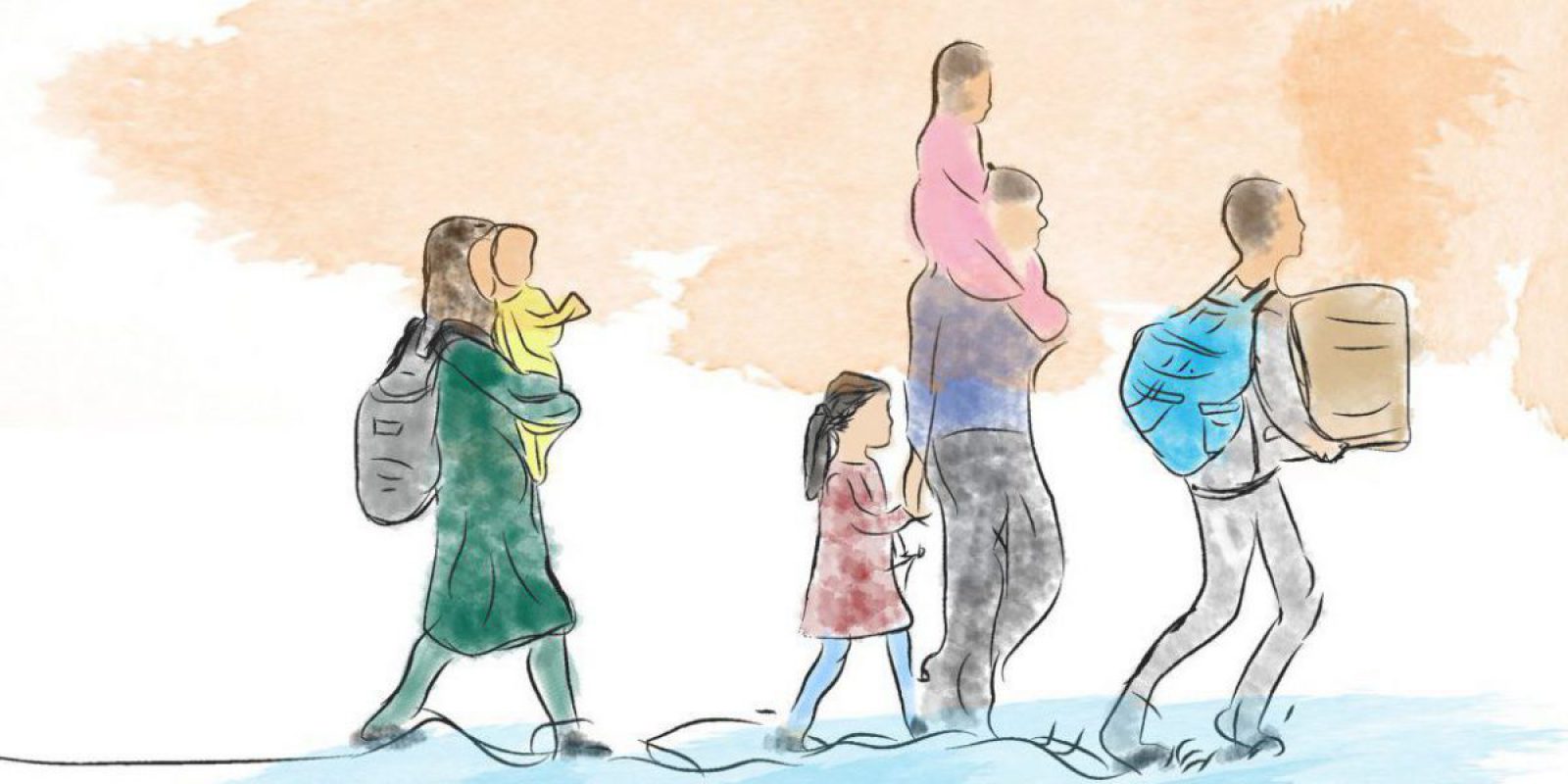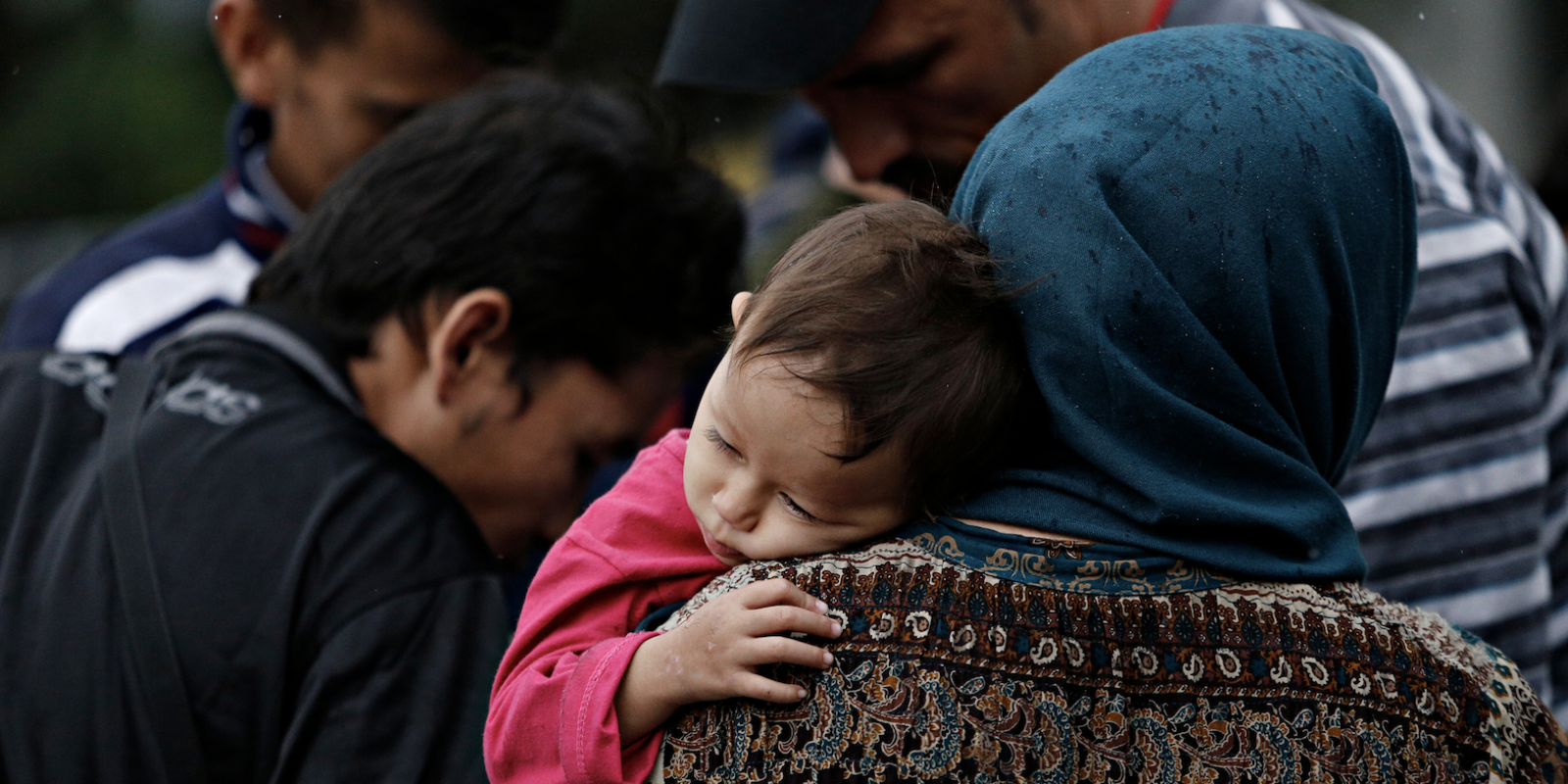
Afghanistan Emergency Crisis
Learn how you can help displaced Afghans worldwide
The recent change in Afghanistan’s government has significantly impacted the country in different ways. As a result of the political shift, there has been an economic decline, and donor funding has decreased. This has led to an increase in risks and needs at the local level. Unfortunately, the Taliban’s restrictions have severely affected the lives of girls and women by limiting their access to essential services. Additionally, they are prevented from participating in activities outside their homes, which has caused significant harm to their well-being.
Humanitarian assistance: There are currently around 23.7 million people in Afghanistan who require humanitarian assistance by 2024. According to UN reports, priority will be given to 17.3 million of them. In Pakistan, there are 3.7 million Afghan refugees, both registered and unregistered. The Government of Pakistan announced in October 2023 a deadline of November 1, 2023, for the “voluntary return” of all undocumented Afghans in Pakistan to their country of origin. As of December 21, 2023, around 478,800 Afghans have returned to their homeland from Pakistan. Many of these returnees are moving to Kabul, and hundreds of families are being registered daily by the Department of Refugees and Repatriation. Additionally, there are reports of hundreds of undocumented Afghans being deported from Iran daily.
Food insecurity: Between November 2023 and March 2024, it is expected that approximately 15.8 million individuals in Afghanistan will face high levels of acute food insecurity. According to the World Bank, almost half of the country’s population lives in poverty. Although the welfare situation of Afghan households has improved since the political transition in August 2021, high deprivation and extreme vulnerability are still significant concerns. The non-recognition of the current government has led to increased hardships for the breadwinners of families. The rise in commodity prices, combined with reduced income, puts a more significant burden on male members of families, while others are forced to commodify their family members, with children being turned into laborers and young daughters being forced into marriage. Unemployment rates are high, and people feel helpless to meet their basicneeds.
Climate change: Between January 1, 2023, and October 16, 2023, Afghanistan experienced natural disasters such as earthquakes, droughts, and floods, which impacted almost 798,395 people and caused 2,456 deaths. The UN Population Fund has reported that women and children were the most affected groups, as men were more likely to be out of the house working. Women-headed households are particularly vulnerable, facing challenges in accessing humanitarian aid and protection. According to the Gender in Humanitarian Action Working Group in Afghanistan, women affected by earthquakes have identified shelter, water, sanitation, and hygiene as their most pressing needs.
Donate
Advocate
Over 88,000 Afghans have arrived in the U.S. after a chaotic and dangerous evacuation effort following the Taliban takeover of Afghanistan in August 2021. Allowed into the U.S. under temporary humanitarian parole, they now find themselves under a cloud of legal uncertainty.Yet, many find themselves under a cloud of legal uncertainty that can be remedied with passage of an Afghan Adjustment Act. This legislation would allow these Afghans to apply for lawful permanent resident status, the same legal status they would have received had they been admitted as refugees.
Please take a moment today to take action on behalf of our Afghan brothers and sisters by calling on your members of Congress to support passage of an Afghan Adjustment Act.





